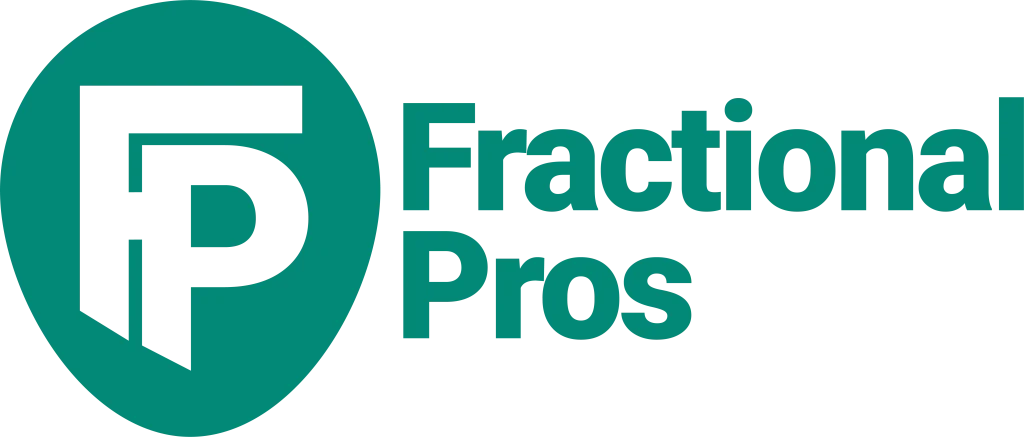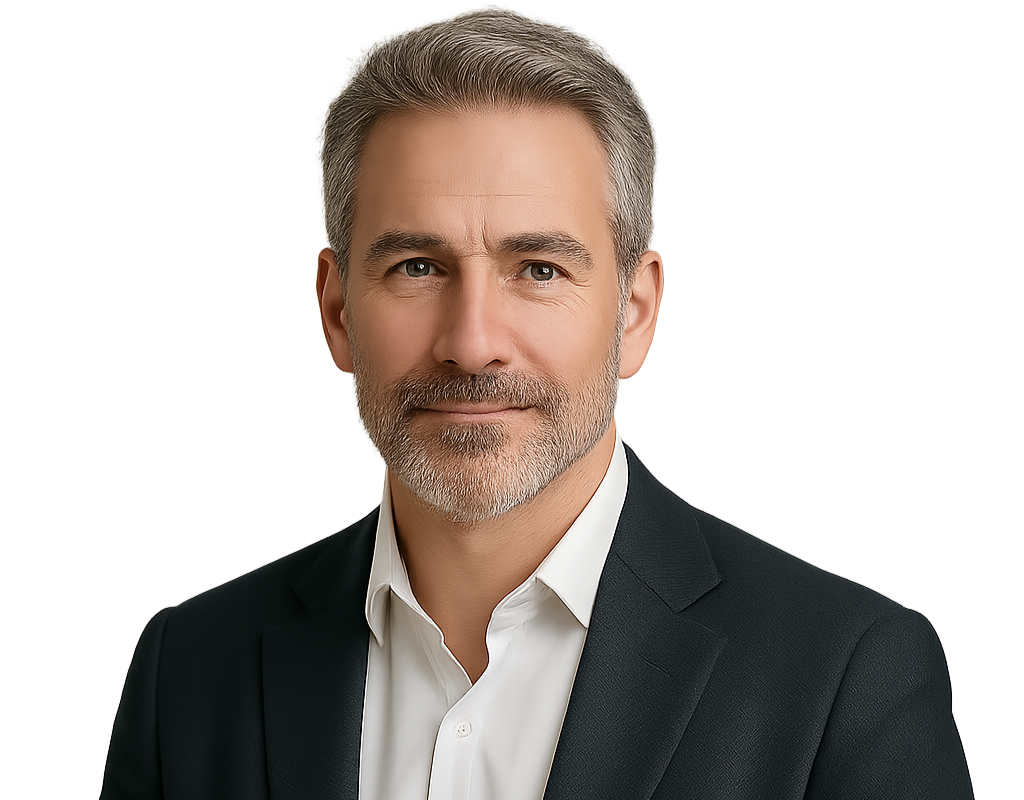Fractional CMO vs. Marketing Agency: Making the Right Choice for Your SMB
Choosing between a Fractional CMO and a marketing agency is a pivotal decision for small and medium-sized businesses (SMBs) looking to accelerate growth. The right partner can unlock new opportunities, but the differences in scope, leadership, and alignment are substantial. Understanding these differences helps SMBs tailor their approach to both immediate execution and long-term strategy.
Define the Situation
SMBs often grapple with balancing tactical needs and strategic marketing vision. A Fractional CMO provides executive-level expertise on a part-time basis, focusing on aligning marketing with business goals. In contrast, marketing agencies deliver specialized skills and execute campaigns shaped by the client’s direction. The current landscape, shaped by rapid digital transformation and evolving consumer behavior, makes clarifying these roles more relevant than ever.
Industry leaders highlight that while marketing agencies excel at implementation, their efforts may lack impact without a guiding strategy. Joseph Frost notes, “Leadership or doership? If you want a leader to shape strategy, hire a CMO. If you need ‘doers’ to execute, choose an agency.” Flor Arballo adds, “Agencies do have the capabilities, but the difference is having a leader like a fractional CMO who can oversee the bigger picture.”
Benefits and Risks
Fractional CMOs offer strategic vision, integrating marketing across departments and elevating the voice of marketing at the leadership level. Marshall Poindexter observes, “To drive growth, you need a leader at the table with product, sales, and customer success teams to create an integrated go-to-market strategy.” This cross-functional alignment ensures that marketing efforts support broader business objectives, not just isolated campaigns.
Marketing agencies provide efficiency, bandwidth, and specialized knowledge. They shine when executing well-defined projects, from digital campaigns to content creation. However, as Ken Acer cautions, “If you want a strategic leader to think five years ahead, not just execute today’s tactics, a CMO bridges that gap.” Agencies can become narrowly focused, executing without ensuring actions align with business goals.
A hybrid model is gaining traction: pairing a Fractional CMO’s leadership with an agency’s execution. This collaboration leverages each party’s strengths, enabling SMBs to build strategies with a CMO and implement them with agency resources. As Frost suggests, “A CMO identifies the right channels; agencies optimize performance.”
Risks include misaligned priorities and missed opportunities. Flor Arballo points out, “SMBs often don’t realize the impact of disconnected teams until they hit a growth wall.” Agencies left to operate without strategic oversight may achieve short-term wins, but struggle to deliver sustainable growth. Conversely, a CMO without the right tactical resources may develop plans that cannot be executed effectively.
Cost is also a factor. Fractional CMOs are typically paid retainers or hourly rates, offering access to executive leadership at a fraction of a full-time salary. Agencies tend to be project-based or retainer-driven, allowing for scaling resources up or down as needs change. Joseph Frost explains, “Hiring a CMO is a fraction of a full-time executive’s cost—for leadership, not noses on grindstones.”
Future Prospects or Impacts
The evolving marketing landscape suggests SMBs will find increasing value in hybrid engagements. The ability to flex between strategic guidance and rapid-fire tactical execution is becoming a hallmark of agile growth. Marshall Poindexter shares, “You might need a CMO for 20 hours a month and an agency for campaign bursts—flexibility at scale.”
Integration between leadership and execution becomes essential as organizations grow. Agencies alone may struggle to provide holistic insights, while Fractional CMOs can lay a cohesive foundation for expansion. As expectations for measurable ROI increase, thoughtful pairing of leadership and execution helps mitigate common pitfalls—such as the 56% of SMBs who cancel agencies within 12 months due to lack of ROI, according to recent industry surveys.
Looking forward, SMBs that routinely audit their marketing maturity and invest in both strategic and tactical capabilities will stay competitive in the marketplace. As the hybrid model gains traction, organizations are likely to see improved alignment and measurable growth outcomes.
Takeaways and Lessons
- Audit your marketing needs by asking, “Are we executing well-defined strategies, or do we need strategic clarity?” If the latter, consider a Fractional CMO.
- For short-term, focused campaigns, agencies provide agile resourcing.
- Be mindful of integration—Fractional CMOs connect marketing to sales, product, and customer success for holistic growth.
- Hybrid models can offer both strategic rigor and scalable execution, balancing leadership and delivery.
- Clarify roles to ensure accountability and consistent results; leadership defines “what” and “why,” agencies deliver the “how.”
As Ken Acer notes, “It’s not just about faster horses (communication) but inventing cars (strategic innovation).” SMBs that balance invention with effective delivery set themselves up for lasting success.
Conclusion
For SMBs facing complex growth decisions, the choice between a Fractional CMO and a marketing agency is not either/or. Each brings unique value, but the most resilient organizations pair strategic oversight with implementation expertise. By assessing business maturity and aligning leadership with execution, SMBs can fuel growth and adapt to a dynamic market.
Sources
- Forbes: When Should Your Business Hire A Fractional CMO?
- Harvard Business Review: How to Know If a Fractional Executive Is Right for You
- MarketingProfs: Marketing Agency vs. In-House vs. Fractional CMO
- SMB Trends: 2025 Report
- CertaintyNews: How Fractional Leaders Drive Growth
- CertaintyNews: Choosing the Right Marketing Partner
Related articles on CertaintyNews:

